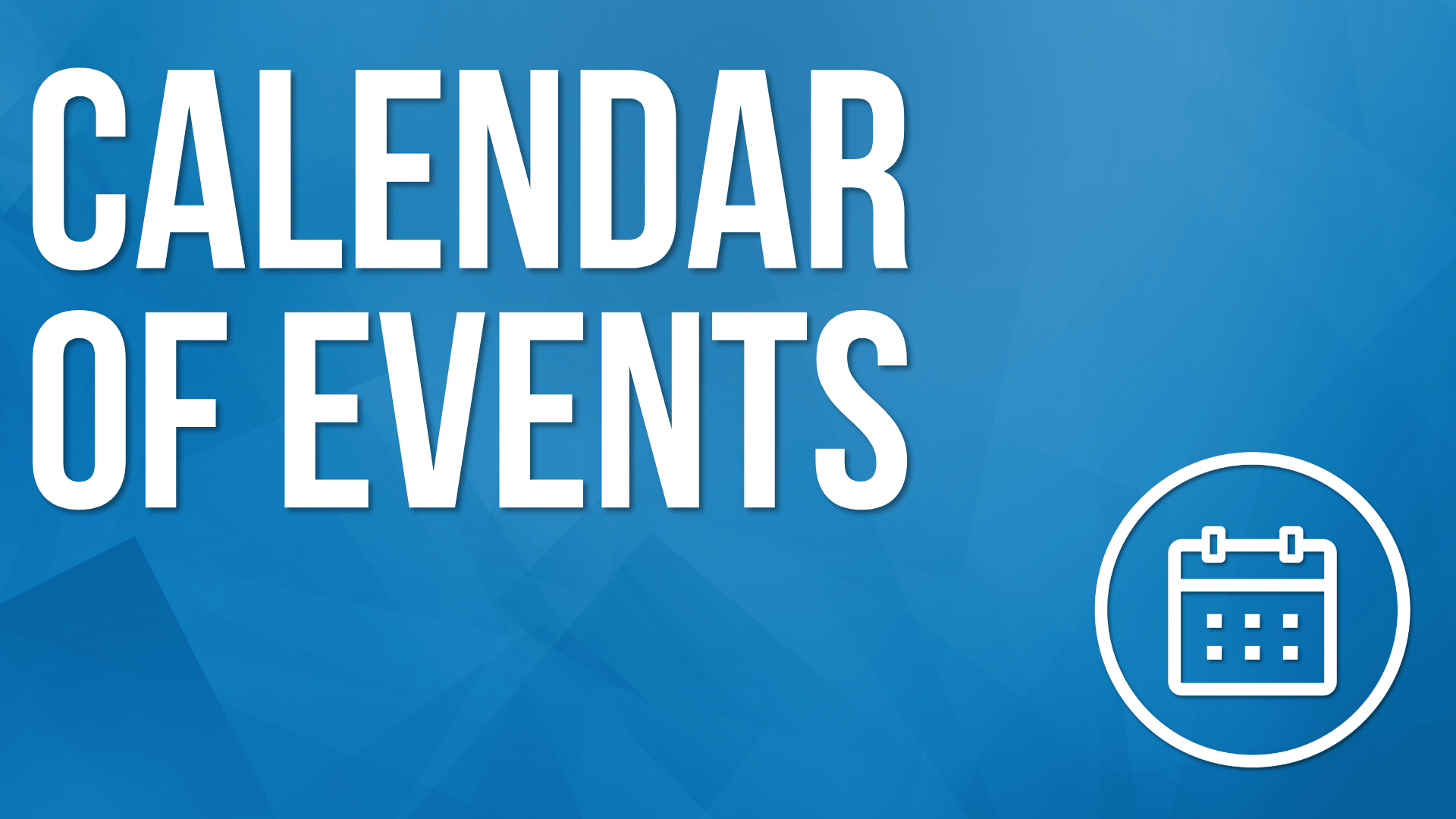Disability Advocate and Artist Derek Heard Uses His Skills to Inspire Voters with Disabilities
- Podcast URL: https://open.spotify.com/episode/41Ihshre6ERC7YTMATf8ac?si=JgQ9IzvLTo6Sok28pRhR1Q
Every election presents an opportunity for people to shape the future of their communities. Voting allows people to lend their voices to improving their city, state, or country. Derek Heard, an Albany native with autism, is developing a voter education campaign. The campaign uplifts the voices of individuals with disabilities and encourages them to exercise their right to vote. Using his two passions – art and activism – he is creating a documentary, Doodling for Democracy. The documentary shares his experience navigating the voting system as a person with a disability. It shows how his mentors and allies supported him.
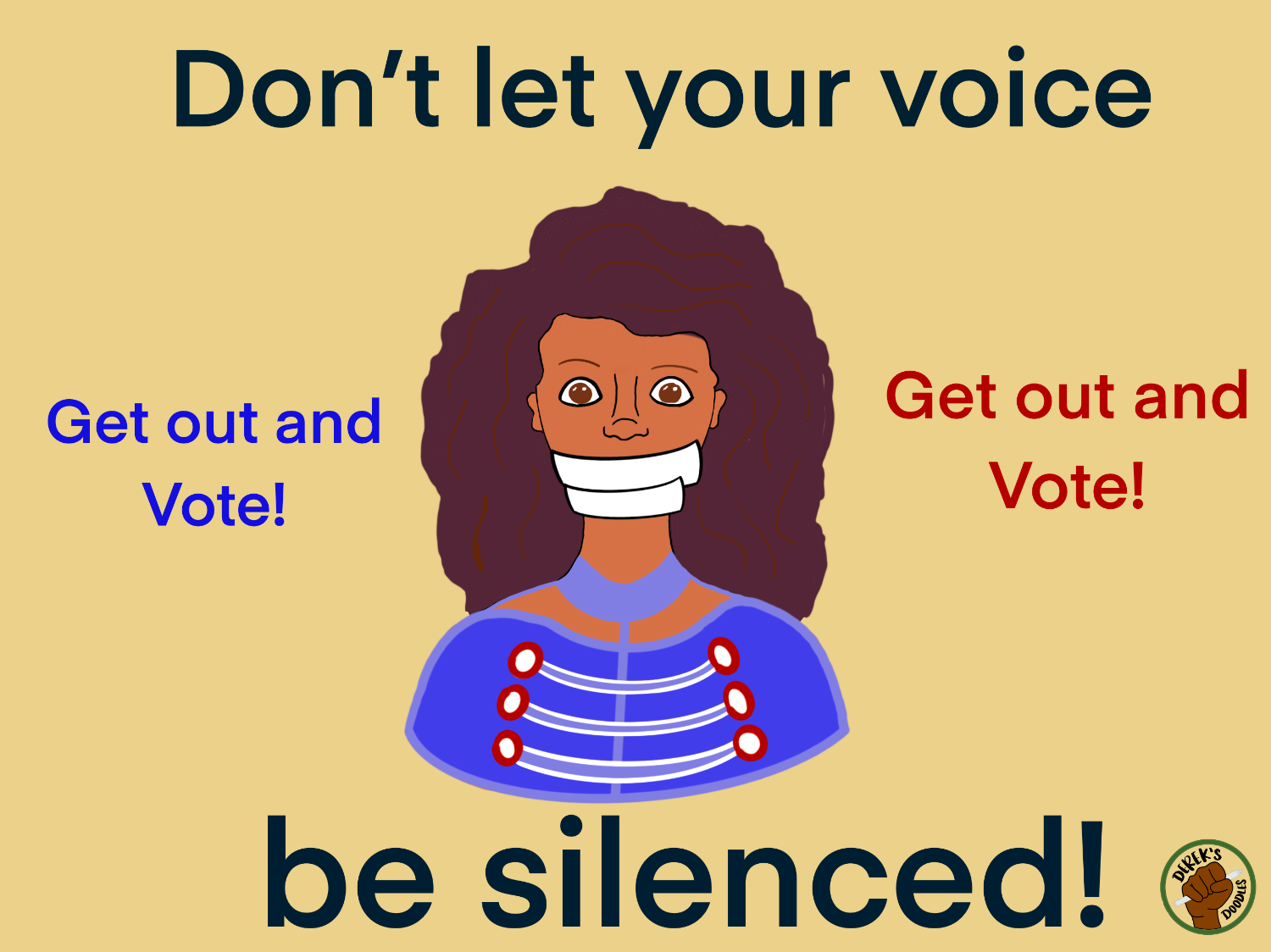 “[Doodling for Democracy] is about teaching young people why voting is important,” said Heard. “It’s also about how allies teach me how to vote and make choices.”
“[Doodling for Democracy] is about teaching young people why voting is important,” said Heard. “It’s also about how allies teach me how to vote and make choices.”
While in high school, Derek was offered a job stacking clothes hangers. He declined the job offer. He explained that he already had a dream job as a graphic artist. With the help of his mentors, he learned that he was fully capable of pursuing his dreams. He learned that he should not limit himself due to his disability.
Now, Derek is the proud owner of two businesses. Derek’s Doodles is his graphic design business. Must Be Heard Productions is his production company that is working on Doodling for Democracy. The film follows Derek’s journey into politics. That journey began when he was chosen to serve on a disability council organized by Stacey Abrams during her campaign for Georgia’s governor’s office.
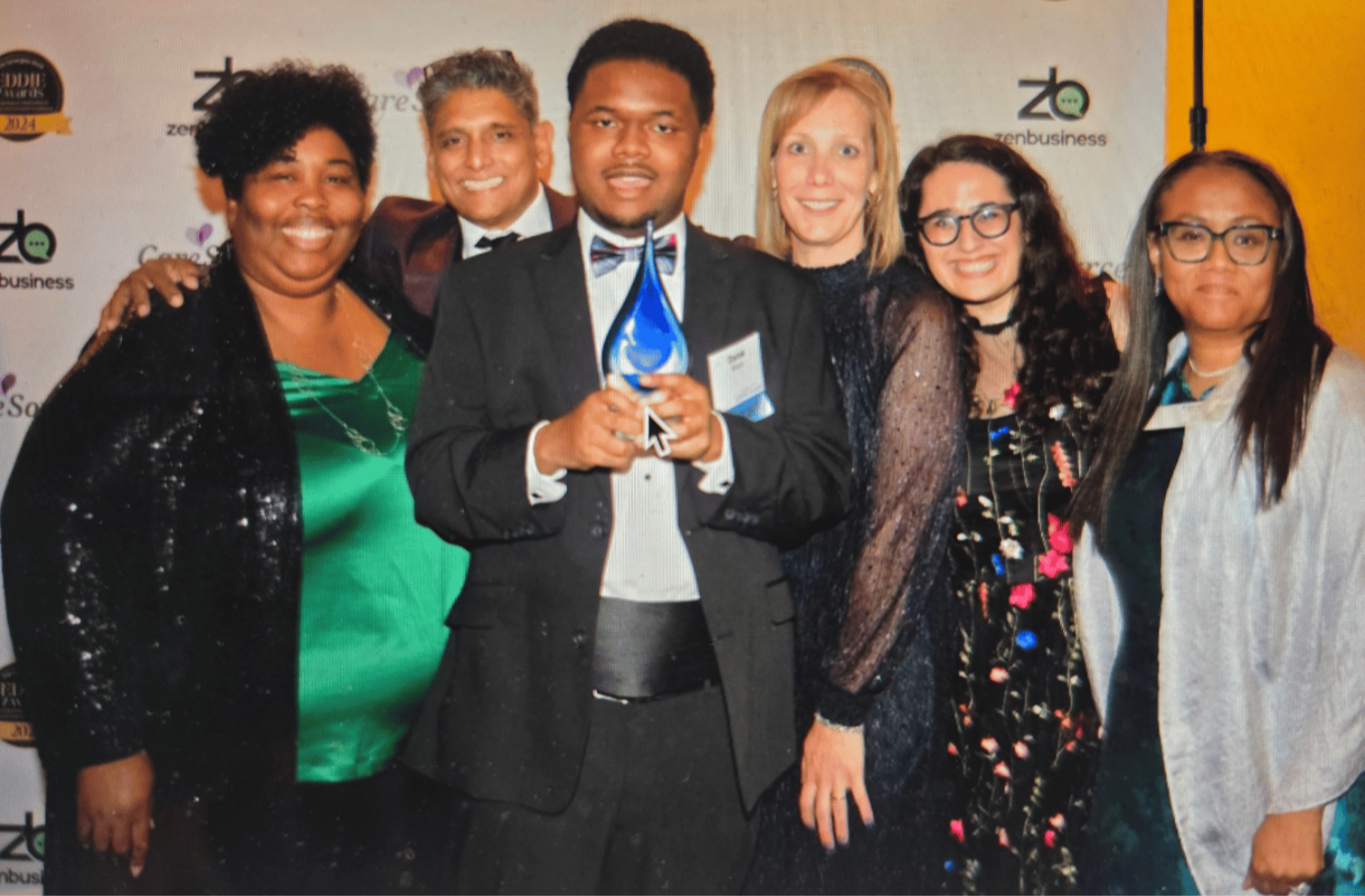 “Before Derek got on [Abrams’] council, he already understood voting and its importance,” said Teresa Heard, Derek’s mother. “During his time on the council, I watched him gain a deeper sense of what it means to be political. I never saw Derek so energized. He wanted to go to rallies and get involved in any way he could.”
“Before Derek got on [Abrams’] council, he already understood voting and its importance,” said Teresa Heard, Derek’s mother. “During his time on the council, I watched him gain a deeper sense of what it means to be political. I never saw Derek so energized. He wanted to go to rallies and get involved in any way he could.”
Derek has since channeled this energy into his activism, advocacy, and mentorship. He has worked with various voter advocacy groups to encourage further political engagement from people with disabilities. One of those groups is REV UP Georgia, a non-partisan voter advocacy coalition of Georgians with disabilities and their allies. On July 26, 2025, Derek received the opportunity to meet and march alongside several civil rights figures, including Henry Lewis, brother of John Lewis, and other original Freedom Fighters. They walked together across the Edmund Pettus Bridge in Selma, Alabama. The march commemorated the 60th anniversary of the 1965 Voting Rights March and the 35th anniversary of the Americans with Disabilities Act.
“Imagine if people closed the bridge and stopped believing in Selma,” explained Derek. “Those would be dark times. It is important to remember history and to continue using our voices.”
Another project Derek is working on is a voter guide in collaboration with John Lewis High School in Springfield, Virginia. The guide is meant to inform and inspire potential voters to make informed choices in elections. Especially voters with disabilities.
“I swear, I will help young people to have rights and make choices if it’s the last thing I do,” said Derek. “Young people are not wimps. They are strong and powerful allies in the fight for rights for everyone.”
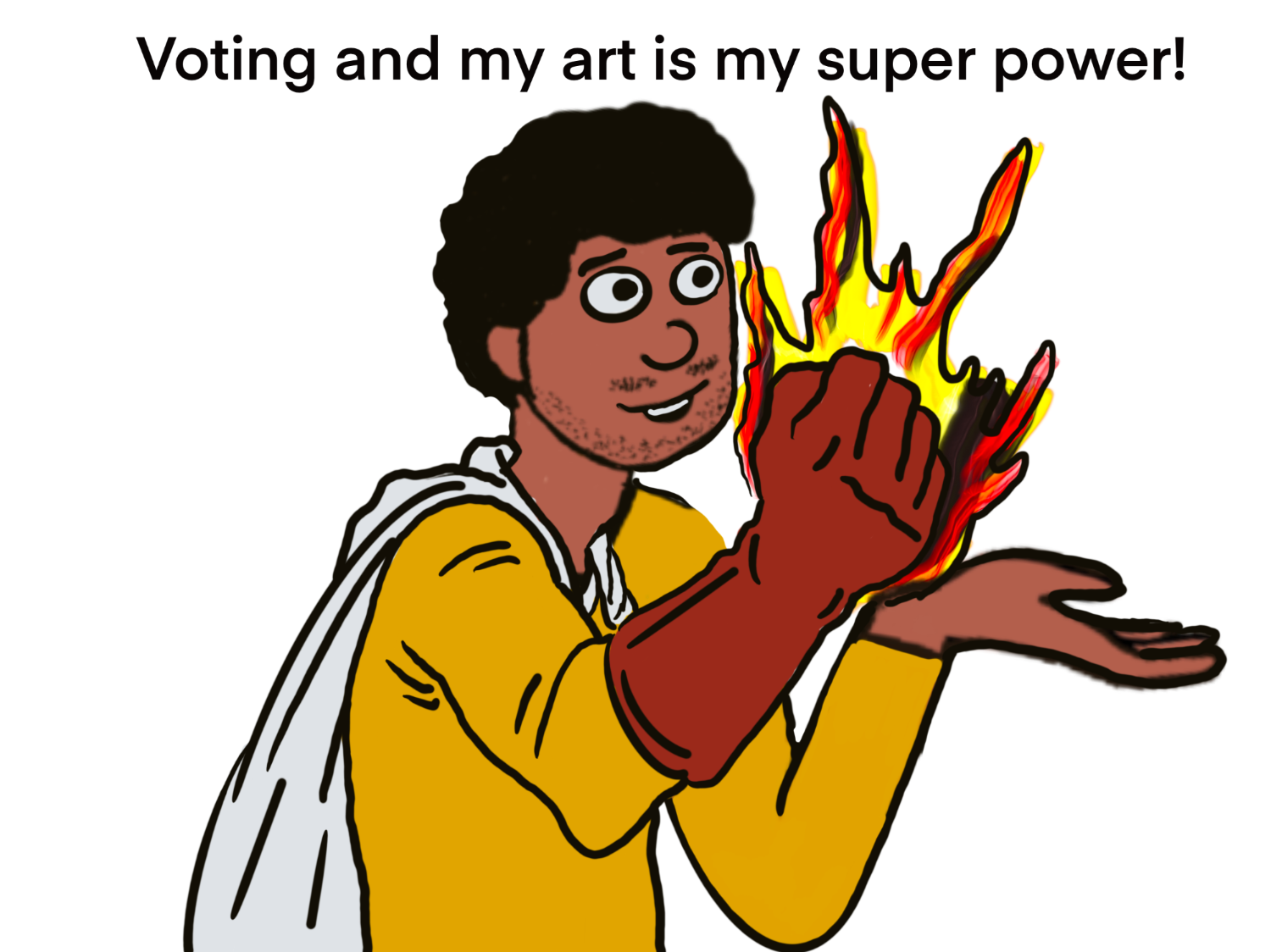 Funding for services, resources, and care for individuals with disabilities is currently in jeopardy. Derek and his mother argue that it is essential to stay informed and engaged in the political climate during this time.
Funding for services, resources, and care for individuals with disabilities is currently in jeopardy. Derek and his mother argue that it is essential to stay informed and engaged in the political climate during this time.
“There are a lot of prevalent narratives that focus on things that people with disabilities can’t do,” said his mother. “I tell people all the time, ‘I will challenge my son’s resume against a lot of people out there.’”
Through advocacy, mentorship, and entrepreneurship, Derek serves as a shining example of the potential of the disability community. Guided by strong mentors and his own determination, he continues to grow. He also helps other people with disabilities grow. He works to protect disability rights and help others find their voice to reach their full potential.
“Follow your dreams,” encourages Derek. “Don’t listen to what other people think or say; you must follow your heart.”
For more information about “Doodling for Democracy,” visit https://seedandspark.com/fund/doodling-for-democracy#story.
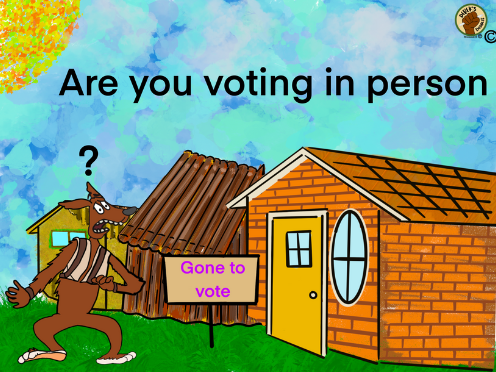 |
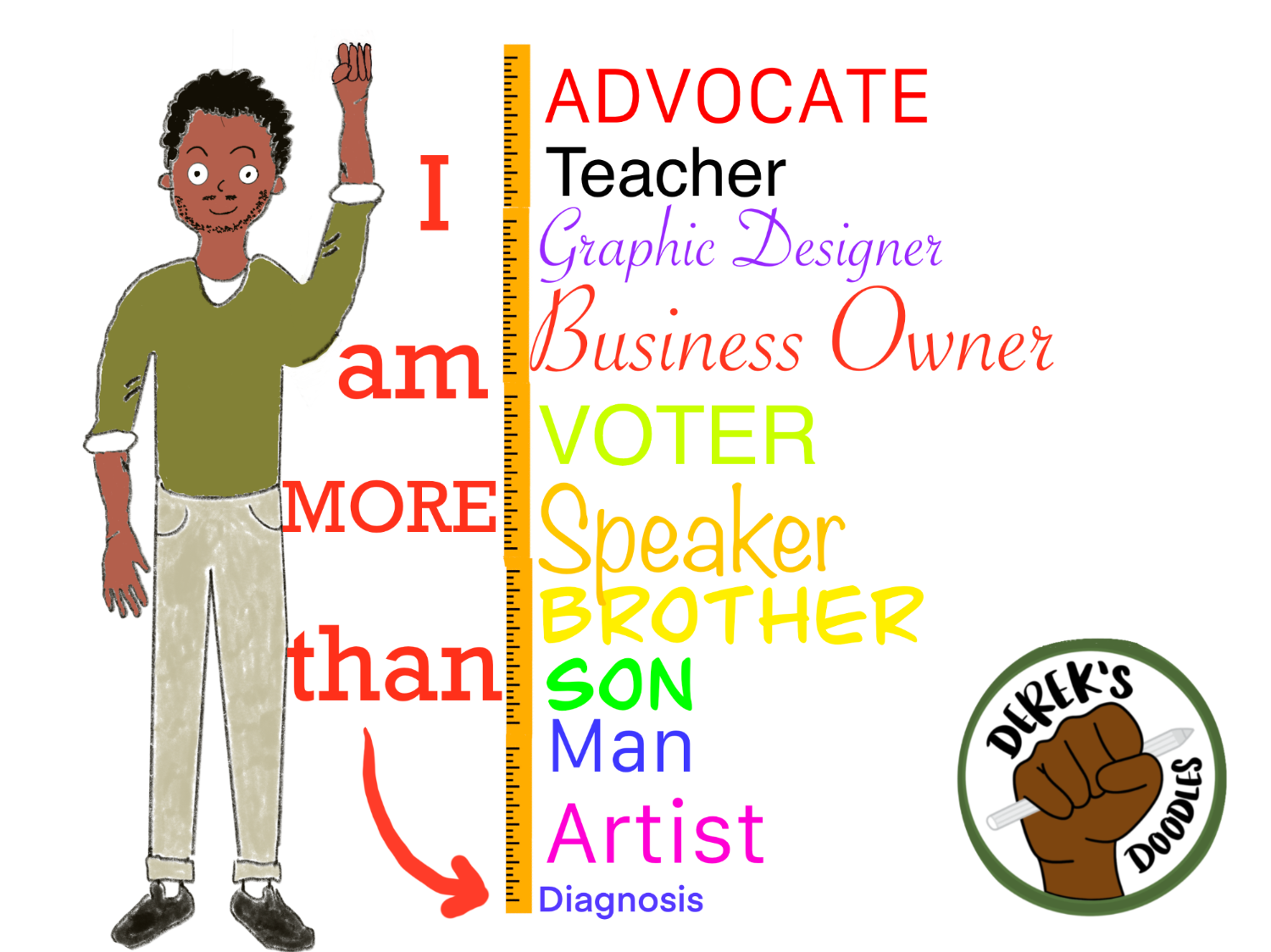 |
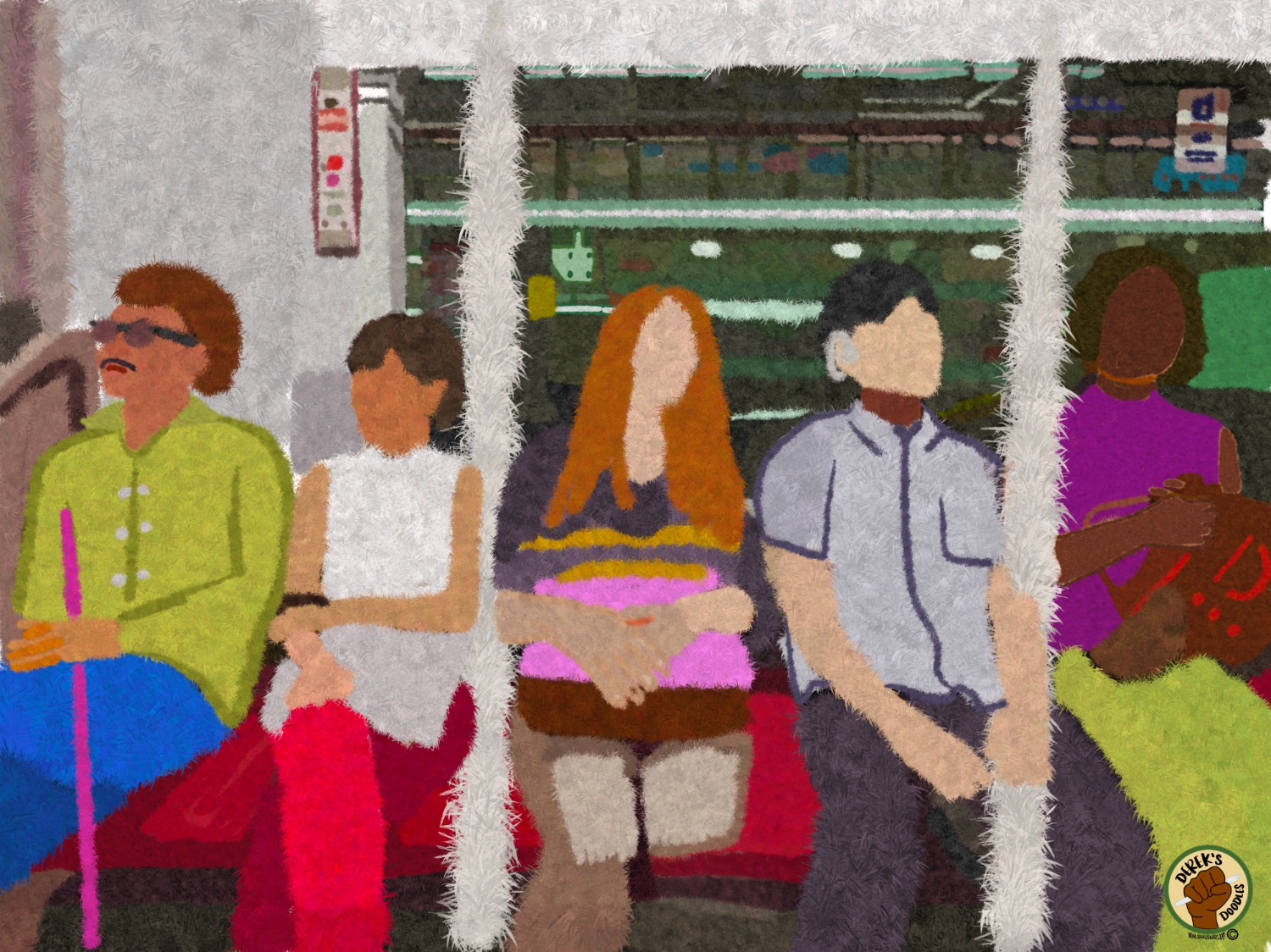 |
Note: All illustrations in this article were created by Derek Heard. To see more, go to https://www.dereksdoodles.com/.
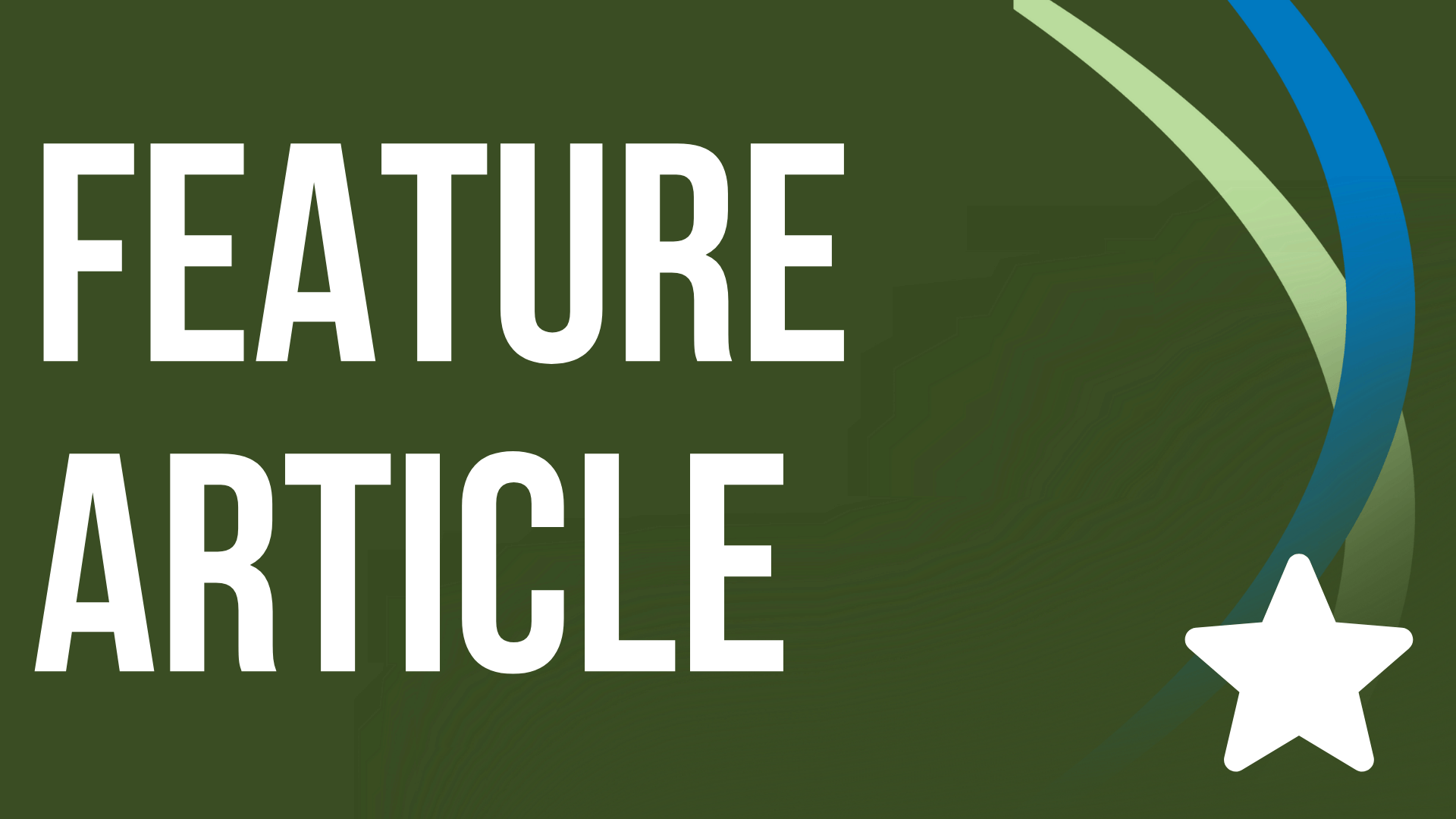
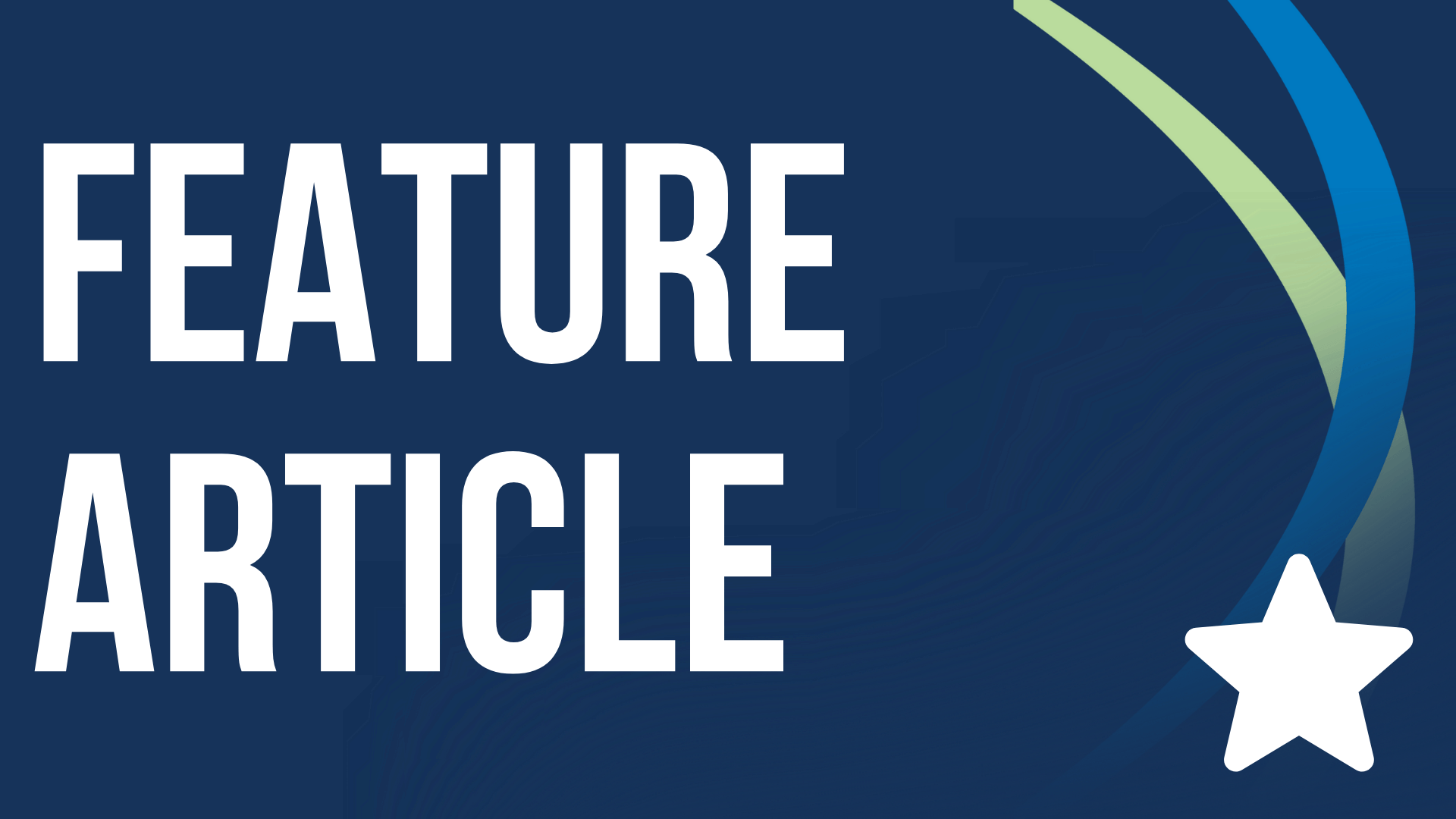
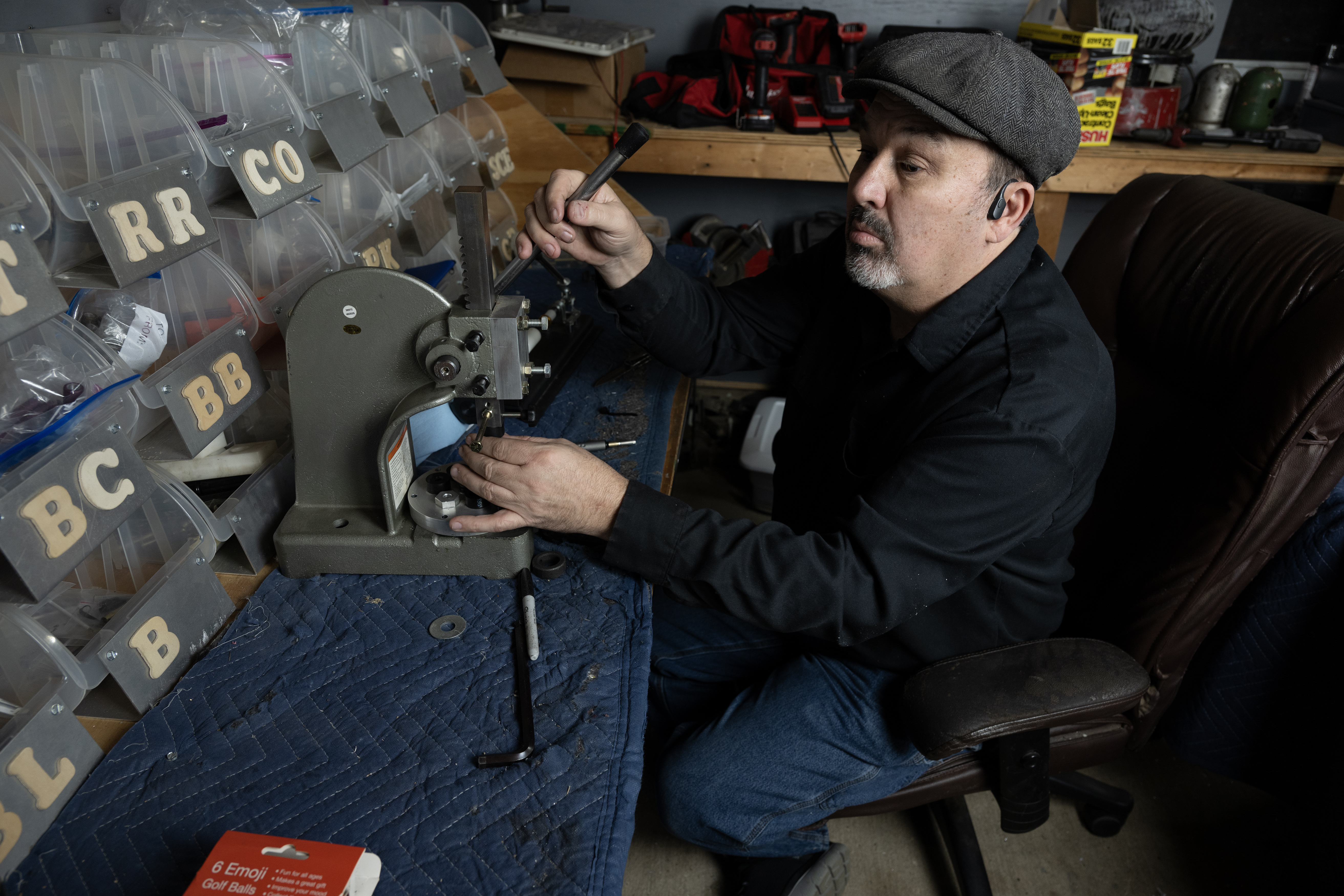
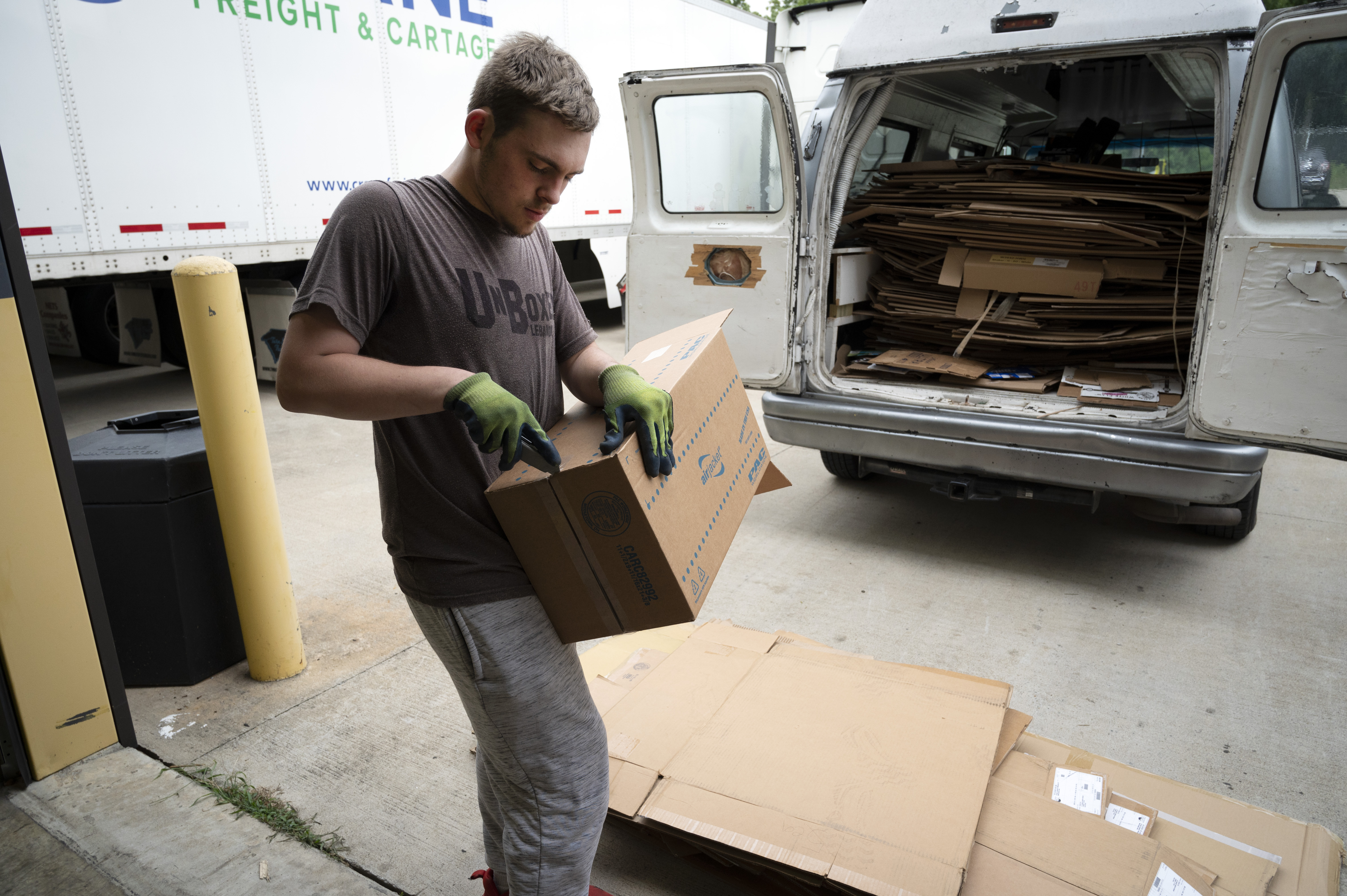
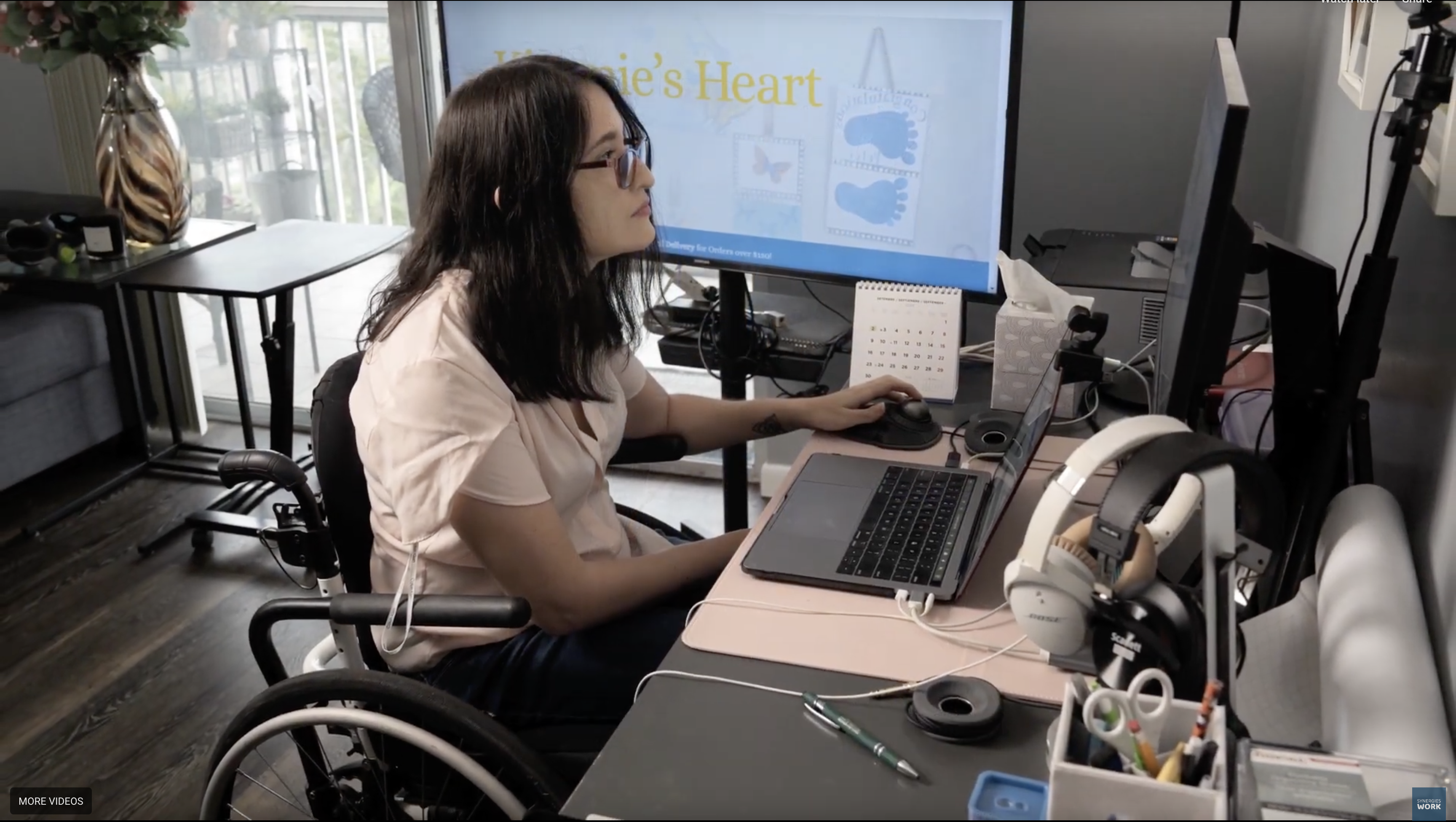
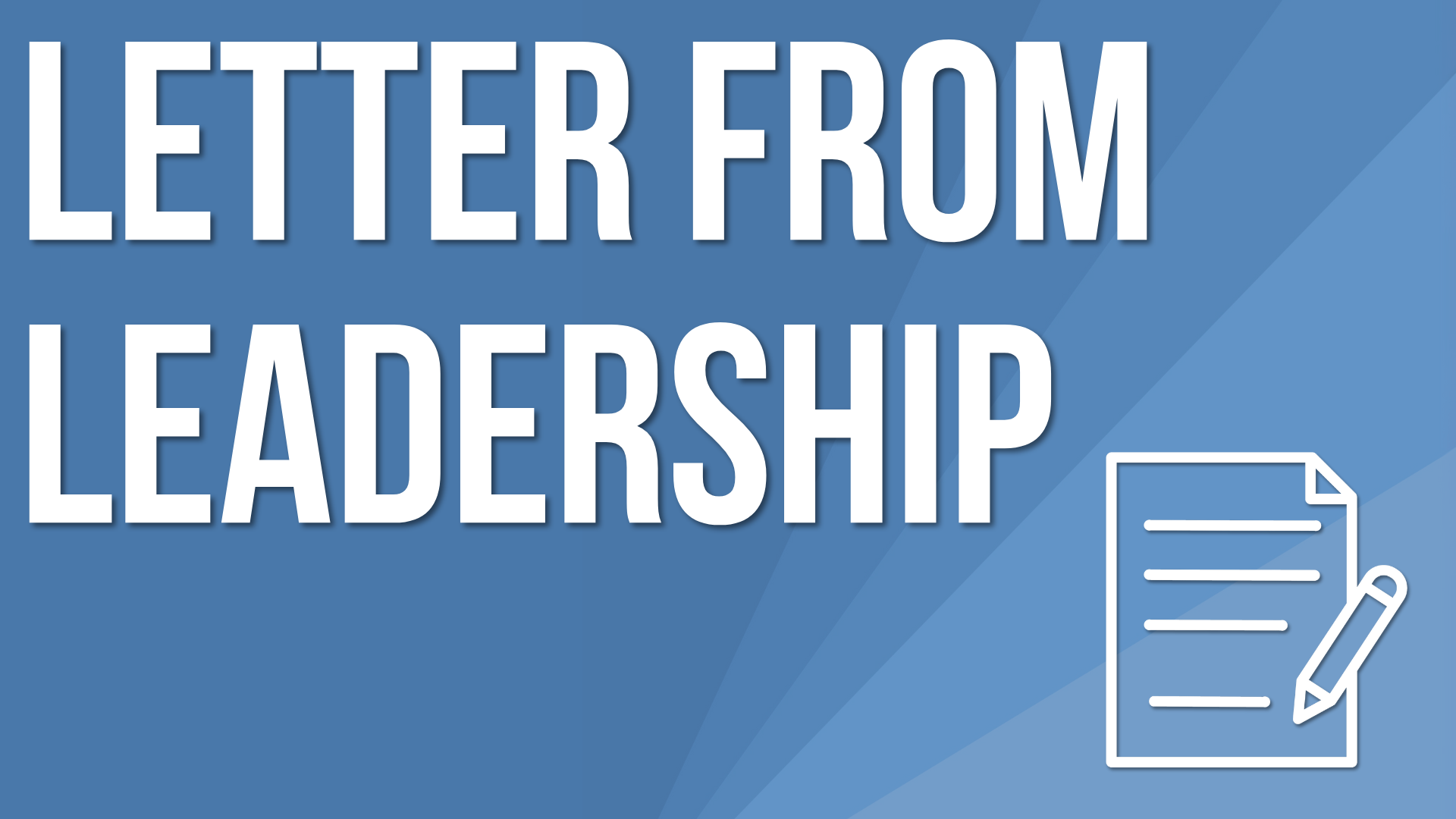
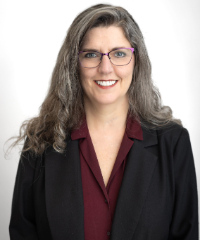 I’m excited to introduce myself as the Georgia Council on Developmental Disabilities’ (GCDD) new Chief Program Officer. In this role, I’ll be working closely with the GCDD staff and council members to guide the agency’s work and help shape our next five-year plan.
I’m excited to introduce myself as the Georgia Council on Developmental Disabilities’ (GCDD) new Chief Program Officer. In this role, I’ll be working closely with the GCDD staff and council members to guide the agency’s work and help shape our next five-year plan.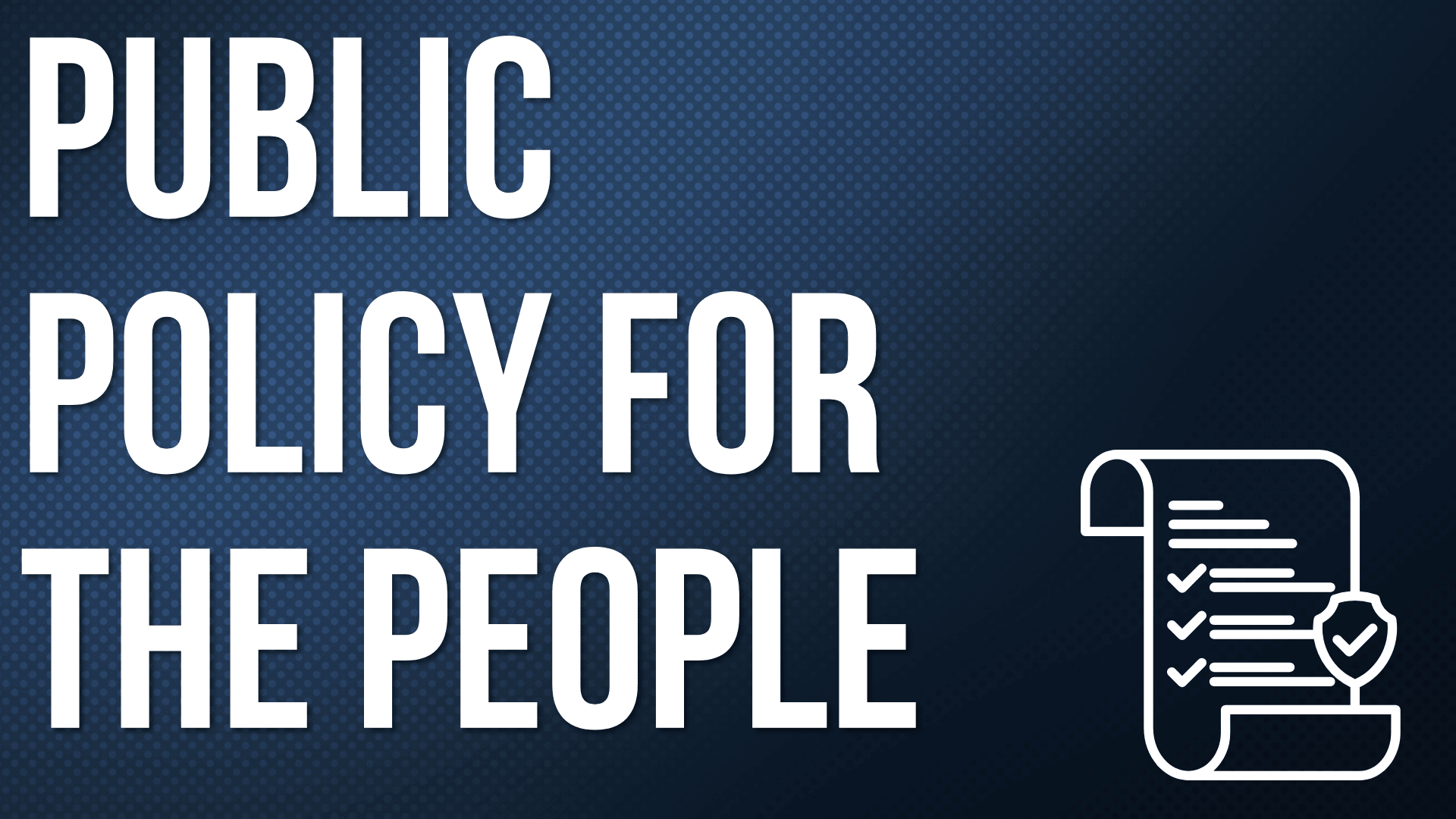
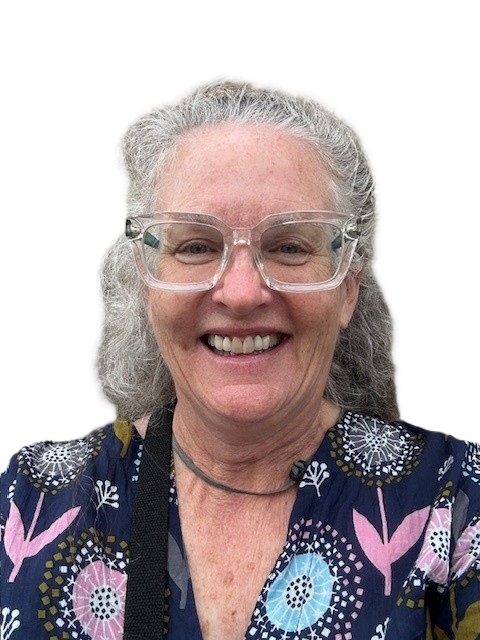
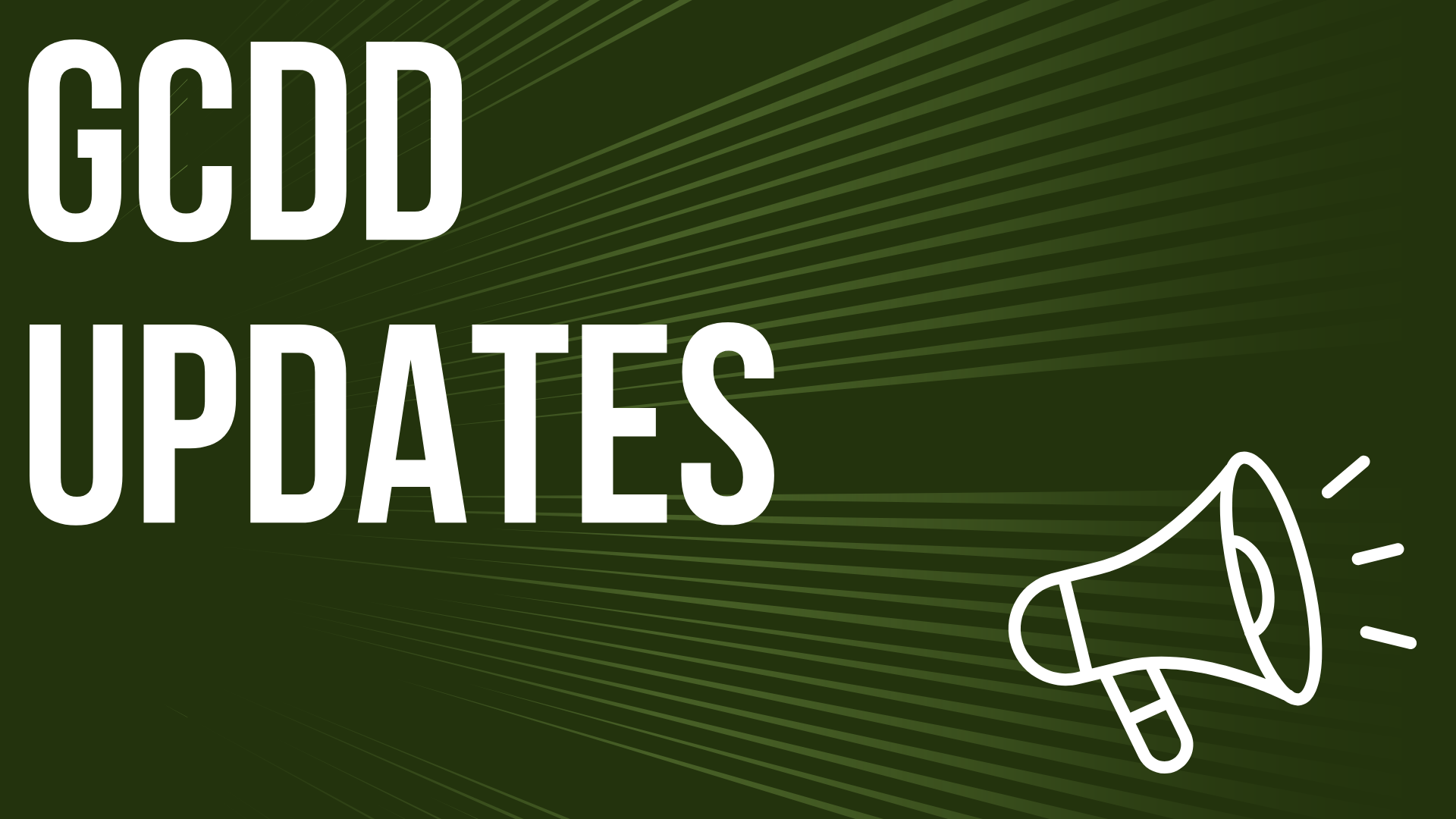
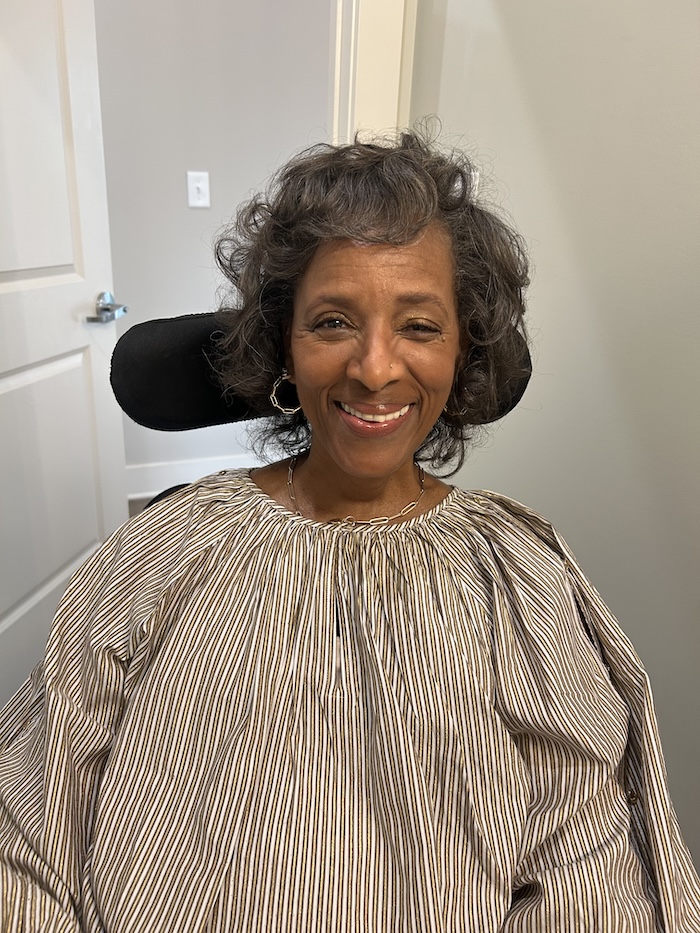 Simmons grew up in Englewood, California, and was diagnosed at 13 years old with Muscular Dystrophy. She was passionate about sports and earned a degree in Sports Communication from California State University. Her goal was to become a sports broadcaster.
Simmons grew up in Englewood, California, and was diagnosed at 13 years old with Muscular Dystrophy. She was passionate about sports and earned a degree in Sports Communication from California State University. Her goal was to become a sports broadcaster.